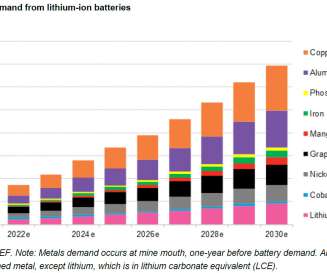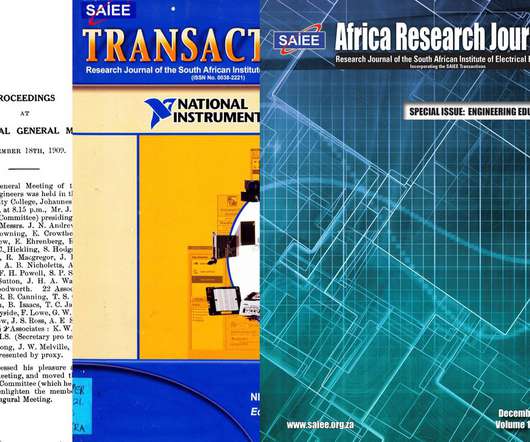Leclanché to provide battery technology for Canadian Pacific’s hydrogen-powered locomotive project
Green Car Congress
MAY 12, 2021
The market for freight rail is large and growing across the world. In 2018, year-over-year, Canada's freight rail sector’s workload, measured by gross ton-miles, increased by 6.2%, and increased 10.1% million in 2018 versus 2017. compared with the five-year average. —Anil Srivastava, CEO, Leclanché.












Let's personalize your content